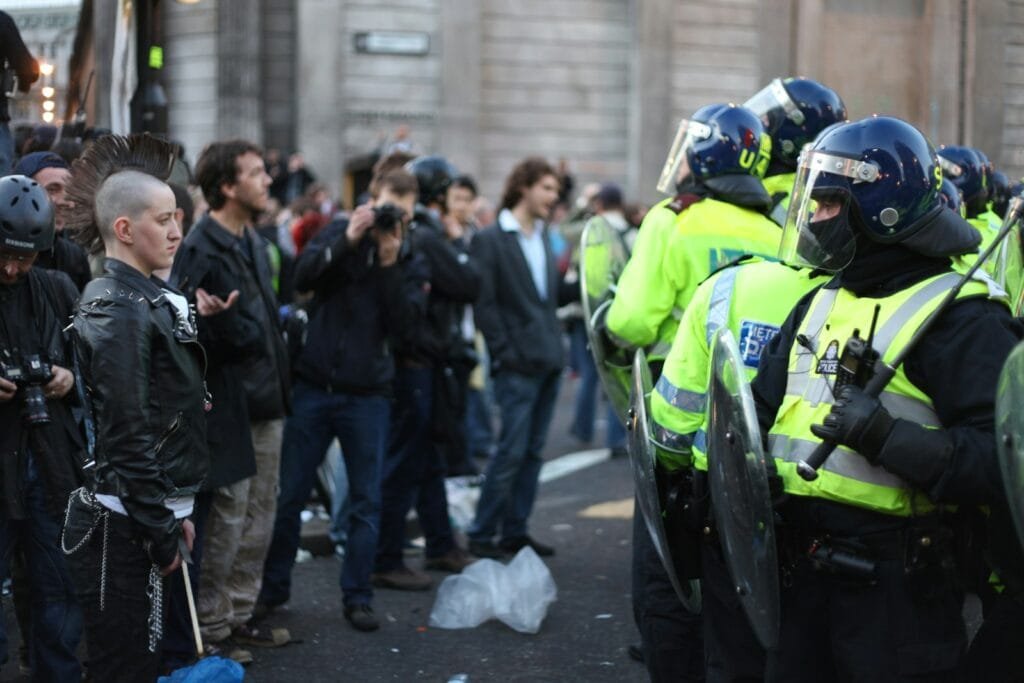reflexive pronouns
Level Six
Lesson 65
A reflexive pronoun refers to the subject of a sentence. The subject of the sentence interacts with itself.
- I cut myself.
- He cooks for himself.
- The students figured out the problem themselves.
- She’s sitting by herself.
- The machine turns itself on in the morning and off at night.
Take Quiz #65 – reflexive pronouns when you are finished with this lesson.

She does most of the work around the house herself.
She’s very proud of herself!
65a. subject -- reflexive pronoun
A reflexive pronoun always refers back to the subject.
subject — pronoun
(singular)
I — myself
you — yourself
he — himself
she — herself
it — itself
subject — pronoun
(plural)
we — ourselves
you — yourselves
they — themselves
Notice the connection that is made between the reflexive pronoun and the subject:
- I hurt myself.
- You need to take better care of yourself.
- He should be ashamed of himself.
- She was proud of herself for a job well-done.
- Some people try to educate themselves through YouTube.
- We must help ourselves.
65a. subject -- reflexive pronoun
65b. by + reflexive pronoun
When the preposition “by” appears before a reflexive pronoun, it emphasizes the experience of doing something solo or being alone.
- She is sitting by herself. (No one else is there.)
- The little boy walked to school by himself. (No one was with him.)
- We completed the work by ourselves. (No one helped us.)
- I was able to figure out the problem by myself. (I did all the thinking.)
- There’s a cow in the field all by itself. (There are any other cows there.
65b. subject -- reflexive pronoun

- She did her family’s laundry all by herself.

- He’s by himself.
65c. for + reflexive pronoun
When the preposition “for” is used before a reflexive pronoun, it identifies the subject as the main beneficiary of an action.
- I want to do this for myself.
- You need to learn to do this for yourself.
- He kept the money for himself.
- She has set some big goals for herself.
- We are hoping to find a nice vacation place for ourselves.
- People who have a hard time finding a good job with a company may ultimately decide to just work for themselves.
65c. for + reflexive pronoun

- He works for himself. (He has his own business and relies on himself for an income.)

- Protestors who stand up for themselves are often confronted by the police.
65d. intensive pronoun
An intensive pronoun is similar to a reflexive pronoun as they both refer back to the subject, but the purpose of an intensive pronouns is different. It emphasizes or increases the importance of the subject.
- Barack Obama himself will appear at the event. (This emphasizes the importance of the subject.)
- I myself will be there. / I will be there myself. (Shades of meaning differ slightly with the placement of the intensive pronoun. Both versions emphasize the subject.)
- She did it herself. / She herself did it.
- The boss said that he would take care of this situation himself.
- We ourselves are to blame for the impact human beings are having on the planet.
65d. intensive pronoun

- The teacher manages the school himself.
- He himself takes care of what has to be done to operate the school.

- These two women organized their business themselves.
